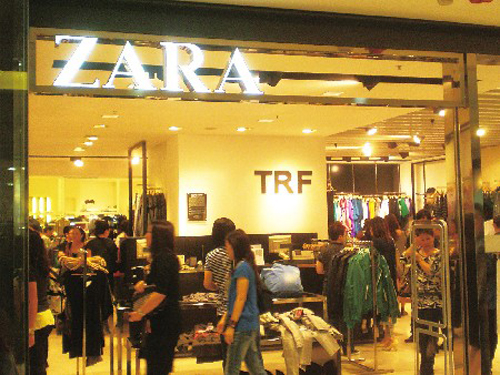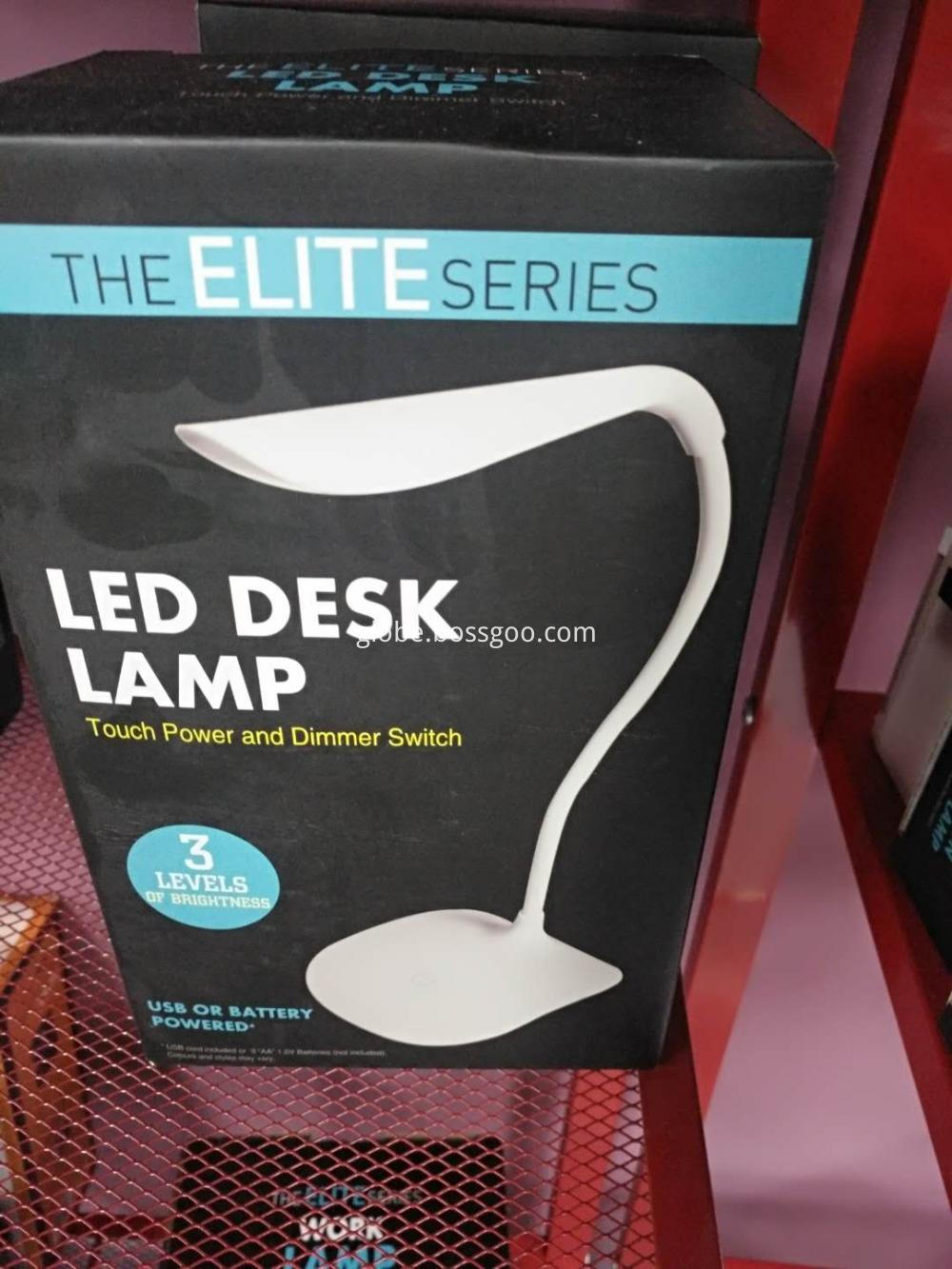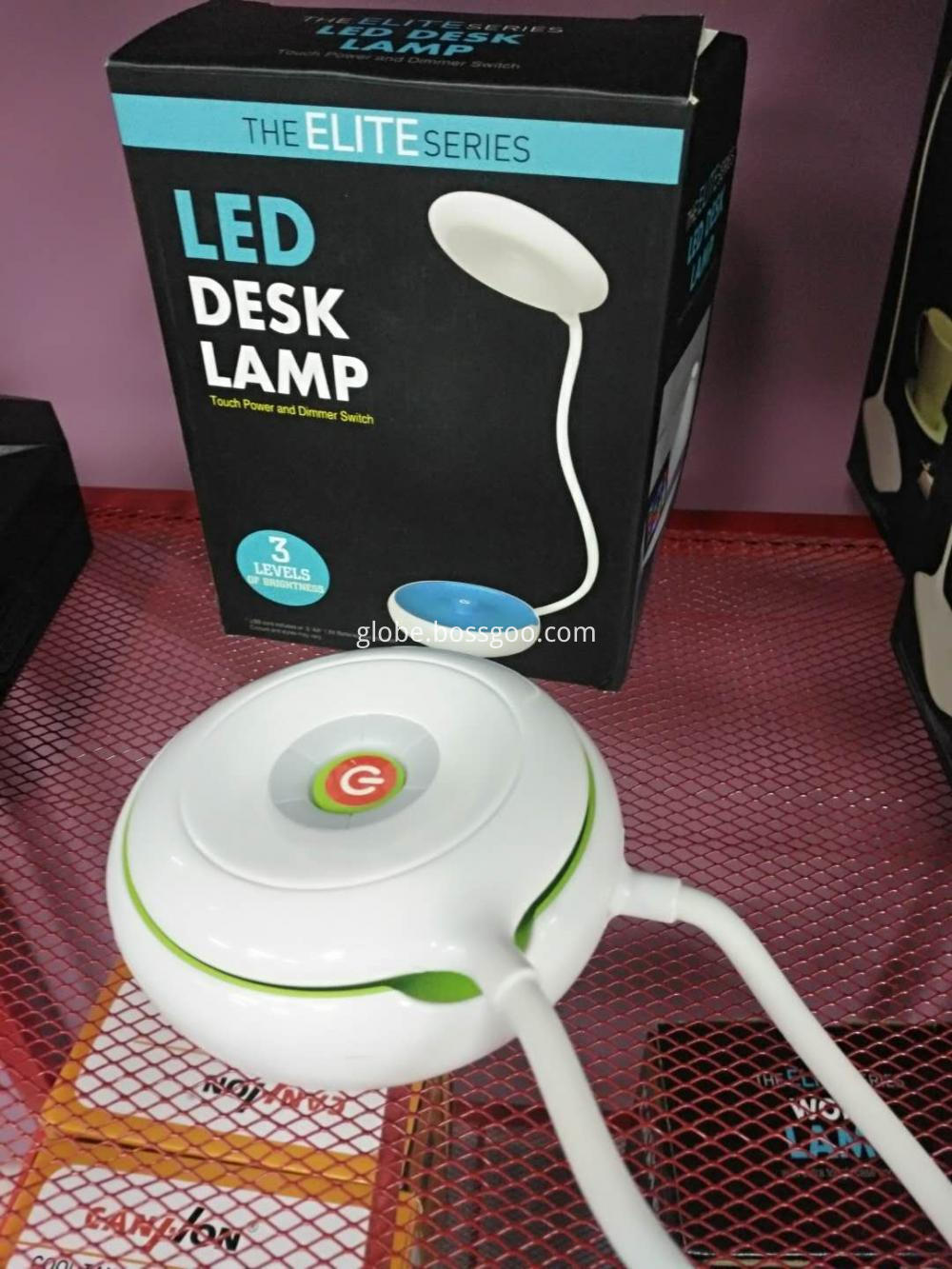 Lost quality lost the original lost the character twice a week - this is the new frequency of the display window; 7 days - this is the time for the return of funds; 12 days - this is the collection of fashion information, integrated design to production and sales of all Time; 15 days - this is the longest product storage time; 80,000 pieces per hour of delivery capacity; 24 hours to the European branches; 48 to 72 hours shipped to Asia. "All of this is based on the creation of a highly vertically integrated supply chain management system from design, production, logistics to sales," said a marketing manager at ZARA China.
Lost quality lost the original lost the character twice a week - this is the new frequency of the display window; 7 days - this is the time for the return of funds; 12 days - this is the collection of fashion information, integrated design to production and sales of all Time; 15 days - this is the longest product storage time; 80,000 pieces per hour of delivery capacity; 24 hours to the European branches; 48 to 72 hours shipped to Asia. "All of this is based on the creation of a highly vertically integrated supply chain management system from design, production, logistics to sales," said a marketing manager at ZARA China. Fast shipments, pro-people prices, and keeping up with fashion trends have allowed ZARA from Spain to quickly dominate the market. At the beginning, the owner Amancio Ortega did not think that this ZARA shop would have 1,757 stores in 72 countries after 40 years, and became the world’s number one clothing retailer.
In 2006, the “Top10 Fashion Industry and Consumer Trends†released by the famous American publishing company “WGSN†mentioned an interesting concept: “Fast Fashion†and predicted that this will become a consumer trend in the next 10 years. And this prophecy rises rapidly and drives the global fashion trend. Following ZARA are H&M, C&A, GAP, Uniqlo and so on. With the characteristics of "fast speed" in fast-food era, fast fashion with "fast, easy, accurate" as the main feature makes people who are pursuing fashion rush and get together.
ZARA's global turnover exceeds 4.6 billion euros, and its profit margin is even better than that of the US first-brand brand GAP. Although H&M does not have its own factory, it firmly captures the market with first-class brands, second-rate products and third-rate prices. In October last year, GAP, a fast-fashion giant, opened two stores in Shanghai and joined forces with ZARA, H&M, etc. to form four fast-fashion giants in China.
However, the "fast fashion" big-name line is maximizing profits, not the fastest but only a faster rampage. It is not just the competitors that get rid of!
"Fast fashion" got rid of fundamentals - quality It is reported that since 2009, the Beijing Association for Consumers has carried out three comparative trials of apparel products three times in succession with ZARA products distributed or produced by Gala Commercial (Beijing) Co., Ltd. All of them were found to be unqualified by the quality inspection agency. The Beijing Consumers Association has informed the company of the company three times and published the test results to the public. However, the company has never received a clear response from the company.
On December 21, 2009, the Beijing Consumers Association commissioned the China Merchants Association's Textile Fur Quality Testing Center to conduct a comparative test on the Beijing down market. The results showed that a coat from ZARA was nominally 50% down and measured cashmere. Only 40.5%.
On January 30, 2010, Beijing Consumers Association conducted comparative test results for 53 types of down coats and one type of overcoat, showing that more than 30% of the products were unqualified, among which ZARA's jacket was priced at 999 yuan and the nominal filling was 70% down. The actual amount of cashmere is only 51.1%.
On April 10, 2011, entrusted by the Beijing Consumers Association, the National Garment Quality Supervision and Inspection Center (Tianjin) produced and distributed 57 products involving 54 companies in 9 provinces and cities including Beijing, Shanghai, Zhejiang, Fujian, Guangdong and Shenzhen. Casual trousers samples were tested. ZARA's slacks were tested for outstanding fastness, and acid-fast perspiration, alkali-resistant perspiration, and moisture-resistant friction were unsatisfactory. In addition, its tag nominal 20% wool, the actual amount of wool containing only 10.6%.
ZARA has been on the quality blacklist seven times in two years. However, in the face of questioning ZARA, it has repeatedly been silent. However, "quality door" is not only ZARA's patent, according to industry sources, fast fashion brand "relying to change", including H & M, GAP, C & A will always see them in the "black list". At the end of April this year, the State Administration of Quality Supervision, Inspection and Quarantine announced that the fiber composition and content of the hem of the H&M baby were unqualified; in June last year, the Shanghai Bureau of Quality and Technical Supervision also issued an announcement that the pH value of a H&M's knitted casual top was unqualified.
A few years ago, it took 20 weeks for a factory to complete an order for 4 styles and 40,000 garments. Now, the factory will complete 20,000 pieces in the first five weeks with the efficiency of 500 pieces of clothes a day. After the clothing is launched, there will be a strong reaction, and Lima will rush for the remaining 20,000 pieces. While Topshop compressed the production cycle to six weeks, H&M also revealed that their products will only take 3 weeks from design to launch. The shortening of the production cycle itself is a test of the protection of product quality, and the rapid expansion has led to the emergence of quality issues for fast fashion brands.
When asked by the media about quality problems in the fast-fashion clothing brands purchased by respondents, 61.91% of consumers said they had problems and they could not tolerate them; 28.57% of consumers said that there were problems, but the problems were lighter. Can be tolerated; only 9.52% of consumers said that there is no quality problem, it is easy to see that the quality problem has indeed become a major drawback of fast fashion brands derived from short-term production.
Qiu Zhongping, a professor at Sichuan University of Science and Technology, said that cost is a double-edged sword. Controlling cost accounting will bring a lot of benefits to enterprises, but maliciously reducing costs will also hurt the hearts of consumers.
"Fast fashion" got rid of vitality - the strategic positioning of "fast fashion" such as original ZARA and H&M is affordable and fast fashion, which requires designers to maintain a high degree of vigilance and rapid response capability. Extreme pressures have forced designers to engage in R&D at the edge of crashes, and have watched fashion shows in Milan, Tokyo, New York, Paris and other fashion venues at any time to capture design concepts and the latest trends, and to simulate and emulate the fashion of high fashion sense. Single product. Lack of thinking, most of them are plagiarized in disguise from big design elements.
At present, the design of copying other fashion brands has become one of the “hidden rules†of fast fashion brands. According to statistics, in Europe, ZARA has to pay a fine of tens of millions of euros to top brands each year due to plagiarism, and the American fast-fashion brand Forever21 has also become the subject of allegations. H&M employs a few designers to walk in plagiarism with much less money than international big names.
Cheap “cottage†clothing benefits consumers but infringes other brands’ intellectual property rights. Lack of unique original designs will leave apparel designers with false names, but it will also become the biggest obstacle to the development of fast fashion brands.
"Fast fashion" got rid of morality - Humanity ZARA has recently been accused of saying that its working conditions in more than 30 outsourcing factories in Brazil are like "slavery". Local media visited one of the factories: where Bolivian migrant workers work in extremely harsh environments.
When outsourcing products that have a longer shelf life, such as basic T-shirts and denim apparel, the company’s strategy is to design a “try money,†which will eventually become a supplier’s sample, and suppliers will often Outsource specific production to third-party factories. According to intelligence officials from the Ministry of Labor of Sao Paulo, Brazil, there are 33 secret workshops in one of ZARA's garment outsourcing factories and at least 50,000 garments in the past three months.
A Bolivian workshop worker told the media that one of Zara’s jeans was priced at R$200 ($126) in Brazil, and its production cost was only R$1.8 ($1.14). Production costs are usually divided equally among all the people involved in the production system. For example, the cost of this pair of jeans is evenly divided by seven people. The average monthly salary of these workers is about R$900 (US$569), which is not less than 12 hours each time. The work safety conditions found in these factories are also very serious. The expiry date of a fire extinguisher was 1998.
ZARA was once praised by LV fashion director Daniel Piette as "the world's most innovative and revolutionary retailer." About 50% of the garments and accessories sold by ZARA are produced in Spain, 26% in other European countries, 24% in Asian and African countries, and in other regions where labor is cheaper.
The owner of ZARA, billionaire Amancio Ortega, ranks seventh on Forbes's list of billionaires worldwide with a personal net worth of $31 billion.
What fast work should be done in "fast fashion" should also work hard, so as to make "fast" really "fashionable". Some experts said: "Fast fashion's social responsibility is to pay attention to the popular pursuit of fashion, but also to ensure quality and ensure sustainable consumption. Fast fashion overall is good, individual problems, to attract attention. For quality, low We must raise awareness of carbon and sustainable consumption, and resolve emerging conflicts."
H&M, ZARA, Uniqlo, etc. These “fast fashion†brands are all manufacturing and processing in China. OEMs reduce costs, so prices are almost the same as foreign sales. However, how to choose a high-quality foundry's processing plant and how to monitor the quality inspection of the foundry base is the most important issue for these fast fashion brands.
Blindly pursuing “fast†and ignoring the real needs of consumers, faced with numerous doubts, the “fast fashion†brand does not seem to be fast, their silence, internal and external differences, ignoring Chinese standards, etc., in “slow†and “fast†There may not be big-name demeanor between the games. All of these have made Chinese sought-afters very hurt.
“ZARA is only a brand of Baleno on the same line abroad. When it comes to China, it goes online, and the quality is down.†One netizen stated that ZARA quality is “different from China and abroadâ€.
Some netizens said: "The quality of ZARA seen in Paris is much better than that of domestic ones. The quality of domestic ZARA products is generally worse than that of foreign countries."
More users frankly said: "ZARA you have not å¿½æ‚ consumers once or twice, this year's consumers, you can not afford to hurt ah."
- Globe would catch up the trend of Led Lamp market and provide the most popular LED Lamp to customers.
- Globe would also doing great on OEM for customers in LED Lamp.
- LAMP with extra tough case and handle
- .Light sources:
- Head - Powerful efficient 3 Watt LED.
- Lamp - Ultra bright COB LED
- .Hands-free and convenient hanging hook
- .Extremely durable construction
- .Ideal for the workshop, home, auto, boat,
- camping and more
- China Led Lamp,Led Bulb Lamp ,Led Light Manufacturer
- Led Lamp,Led Bulb Lamp ,Led Light,Dimmable Led Lamp
- China leading manufacturers and suppliers of Led Lamp,Led Bulb Lamp , and we are specialize in Led Light,Dimmable Led Lamp, etc.


LED Lamp
Led Lamp,Led Bulb Lamp ,Led Light,Dimmable Led Lamp
GLOBE WORLDWIDE DISTRIBUTION LTD | YI FENG TRADING (GUANG ZHOU) LIMITED , http://www.globe-products.com